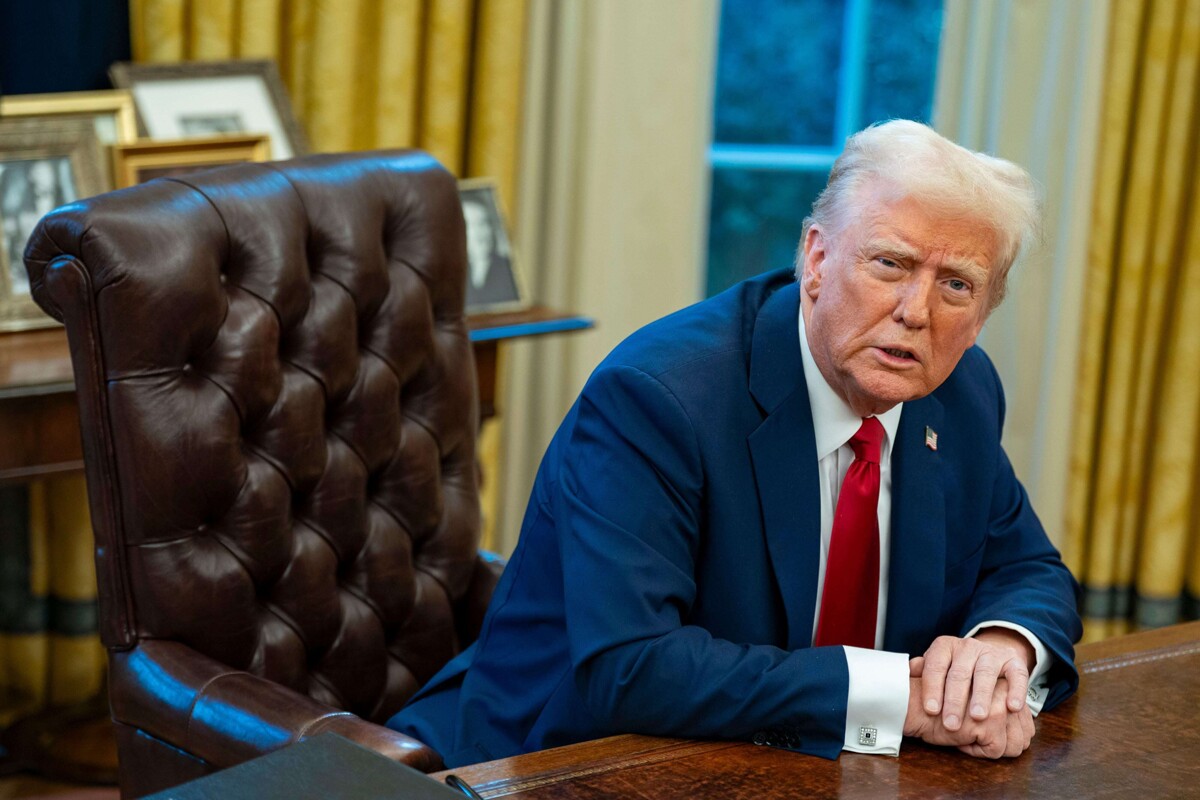
Cuba is at the center of attention, presenting a situation reminiscent of the United States' desires in the 19th century to annex the island as part of its empire. President Donald Trump has proposed reactivating Guantanamo Bay to house 30,000 undocumented migrants who are expelled from their country.
Since the signing of an agreement in 1903 that allowed the United States to establish a military base in Guantanamo, the island remains a key issue in the relationship between the two countries. Although Cuba's sovereignty is recognized, the United States has usufruct of Guantanamo in exchange for a symbolic annual rent.
Over the years, Guantanamo has been used as a detention site, including for Al Qaeda terrorists. Despite political changes and Fidel Castro's Cuban revolution in 1959, the presence of the United States in the bay has not diminished.
Trump's proposal to bring undocumented migrants to Guantanamo is seen as an attempt to reclaim the historical interest of the United States in the island, seeking access to natural resources, military dominance in the region, and liberation of the Cuban people.
The American president has shown interest in expanding his country's territory, as demonstrated by his proposals to buy Canada or Greenland. These actions are interpreted as strategic moves to strengthen the position of the United States on the international stage.
The history of Cuba and its relationship with the United States, from the Spanish-American War to the present, reflects the complexity of the situation. Guantanamo, despite its military use, is described by some members of the U.S. Armed Forces as a beautiful and comfortable place, equipped with Western services and amenities.
Ultimately, the relationship between Cuba and the United States, marked by agreements, conflicts, and proposals like Trump's current one, remains a topic of interest and debate in the region.














